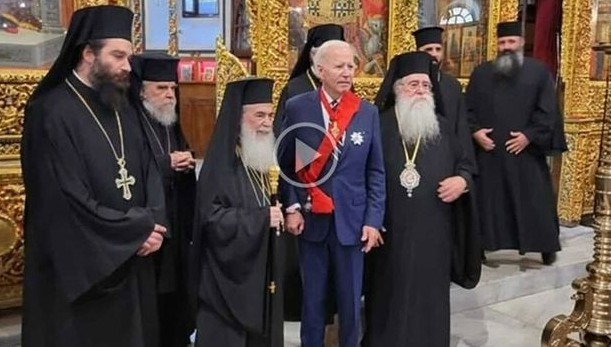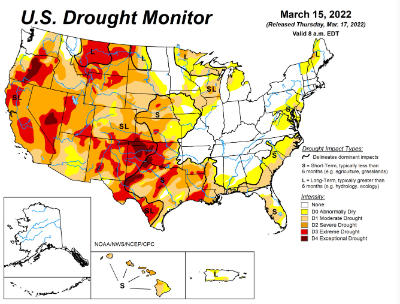The Left Is Using Voting Rights As A Weapon
The identification of Section 11(b) of the Voting Rights Act by the left as a potentially potent tool to challenge election integrity efforts has raised concerns. Enacted in 1965 to address voting discrimination, particularly in the South, the Voting Rights Act initially aimed to eliminate practices like literacy tests and introduced preclearance requirements for certain states. Over time, the law expanded black voter registration, undergoing extensions and amendments.
Section 11(b) of the Voting Rights Act, designed to protect voters from intimidation, threats, and coercion, is now being employed as a legal strategy against election integrity measures. This provision prohibits any person, whether under the color of law or otherwise, from intimidating, threatening, or coercing individuals involved in voting processes or aiding others in voting.
The issue arises from the interpretation of terms like “intimidate, threaten, or coerce,” which originally referred to physical violence, often associated with groups like the Ku Klux Klan. However, recent court interpretations have broadened the scope, allowing claims of intimidation based solely on verbal actions without physical threats. This expanded interpretation is exemplified in a lawsuit related to the January 2021 U.S. Senate runoff elections in Georgia.
Leftist activists utilized Section 11(b) to sue election integrity groups and individuals involved in challenging potentially unlawful voter registrations under state law. They argued that the use of state law procedures and public statements by these groups constituted “intimidation, threats, or coercion.” Despite the court rejecting these claims, the legal battle imposed a significant burden on the defendants, leading to two years of litigation, including extensive discovery and trial proceedings.
The struggle for election integrity is deemed crucial, but the left’s use of Section 11(b) as a legal weapon underscores the need for those involved to be well-versed in the Voting Rights Act, secure legal counsel, and ensure their actions align with legal scrutiny. Without intervention from Congress, federal courts, or the U.S. Supreme Court to address this perceived judicial overreach, similar lawsuits may become more common, requiring those advocating for election integrity to be vigilant and prepared for legal challenges.






